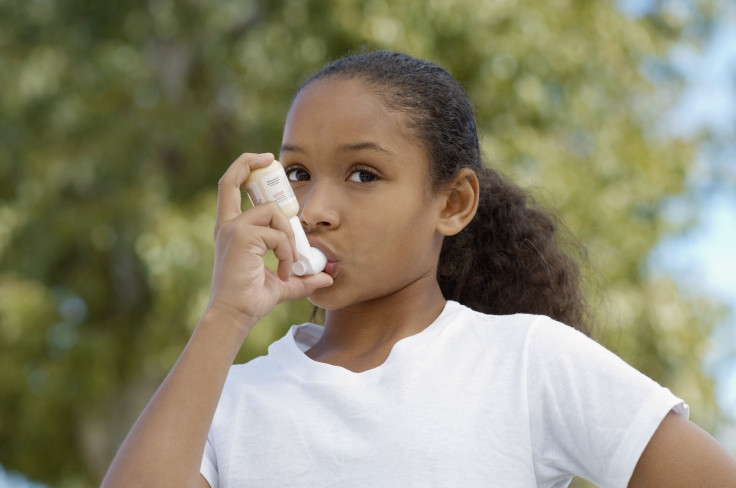World Asthma Day: Know 7 Common Triggers In Children
World Asthma Day is observed on the first Tuesday of May to raise awareness about asthma, a long-term health condition that affects millions of people worldwide.
Asthma is a disease characterized by an increased sensitivity to inhaled irritants and allergens, causing chronic inflammation and narrowing of the airways.
The Global Initiative for Asthma (GINA) has chosen the theme for this year's celebrations as "Asthma care for all" to ensure the availability of effective, quality-assured medications to everyone.
Although asthma symptoms in children are not different from adults, kids may face unique challenges that can lead to frequent hospitalizations and missed school days.
Symptoms of childhood asthma
- Whistling or wheezing sound when exhaling
- Trouble sleeping due to shortness of breath, cough or sneeze
- Chest congestion or tightness
- Frequent coughing that worsens with a viral infection, sleep, exercise or cold air
- Fatigue from lack of sleep
- Difficulty in recovering from bronchitis after a respiratory infection
- Difficulty to breath while playing or exercising
Common asthma triggers in children
The most effective way to manage asthma is to avoid the triggers. It is important to understand the triggers as they might be different for each child and might vary with seasons. Some children grow out of certain triggers that affected them at younger ages.
Maintaining a diary for recording details of asthma attacks might help in identifying what triggers the disease.
1. Allergens - They are one of the most common asthma triggers in children, which includes animals, pollen, dust and mite. Although it is impossible to completely avoid these triggers, taking precautions helps to minimize exposure to allergens.
Here's how you can reduce allergens in a child's room:
- Keep the child's room dust free and clean
- Avoid feather pillows and comforters
- Keep curtains and bedsheets washed and cleaned
- Avoid the use of humidifiers
- Keep damp areas like bathrooms mold free
2. Exercise - It is another common trigger that causes asthma in children. However, experts recommend not to avoid exercise and physical activity fearing an asthma attack as it is essential for the overall health of children. Instead, check with the child's doctor to understand what needs to be done before, during and after exercise, which might include taking medicine before the activity.
3. Pollutants - Certain irritants such as perfumes, cleaning products, paint, cigarette smoke and air pollution can trigger asthma attacks in children. Exposure to these common irritants inside the home can be reduced by three simple steps:
- Avoid smoking inside the house and car
- Invest in an air purifier for the home
- Keep the child away from places where painting and carpentry work is done
4. Respiratory infections - Common respiratory infections, such as colds or the flu, can be a trigger for asthma in children. Kids with asthma may suffer from breathing difficulties even days or weeks after the flu symptoms subside. The best way to avoid them is to reduce the chances of an infection by getting flu shots and maintaining hand hygiene.
5. Extreme weather - Weather conditions such as heavy rain, wind, humidity and extreme heat or cold can trigger asthma in children. These triggers can be avoided by limiting the child's time outdoors or by using adequate clothes to beat the climate.
6. Gastroesophageal reflux - This reflux causes the contents of the stomach to flow backward into the esophagus, which when inhaled by kids into the lungs can harm airways and make asthma symptoms worse.
7. Stress - It is often seen that children with asthma have an increased risk of attacks after a difficult life event that induces stress and anxiety.

Published by Medicaldaily.com



























